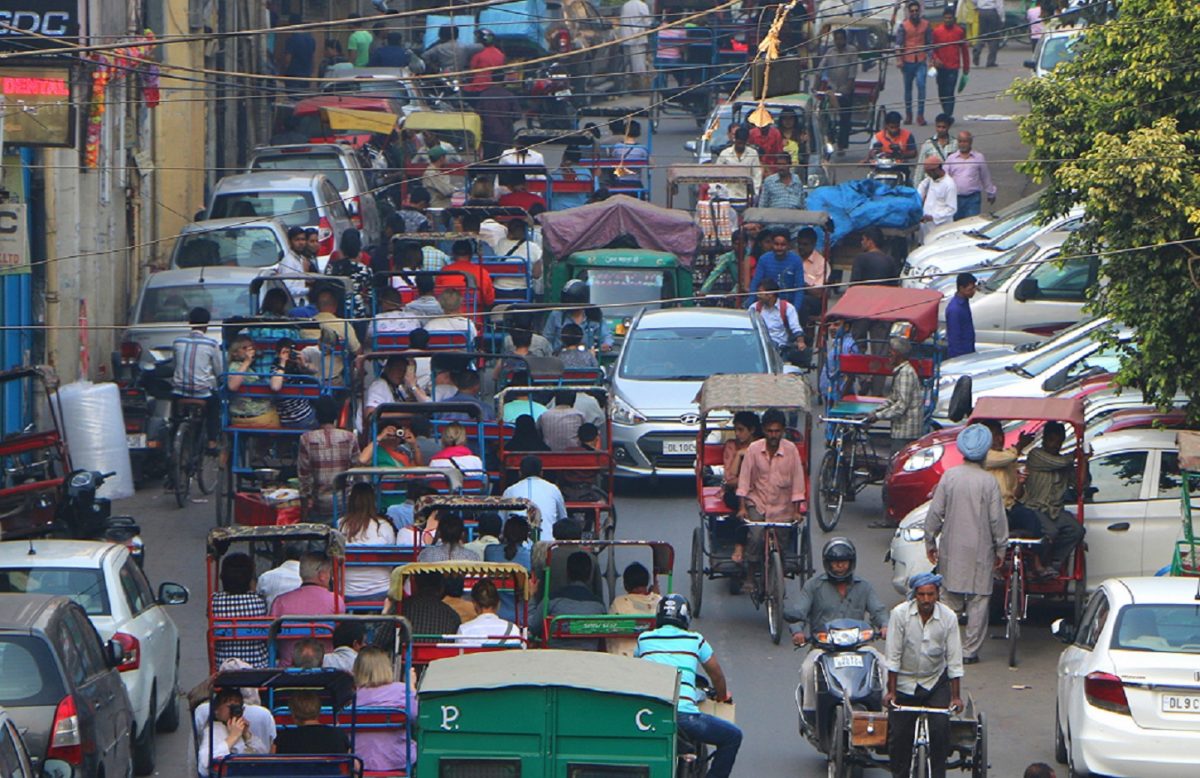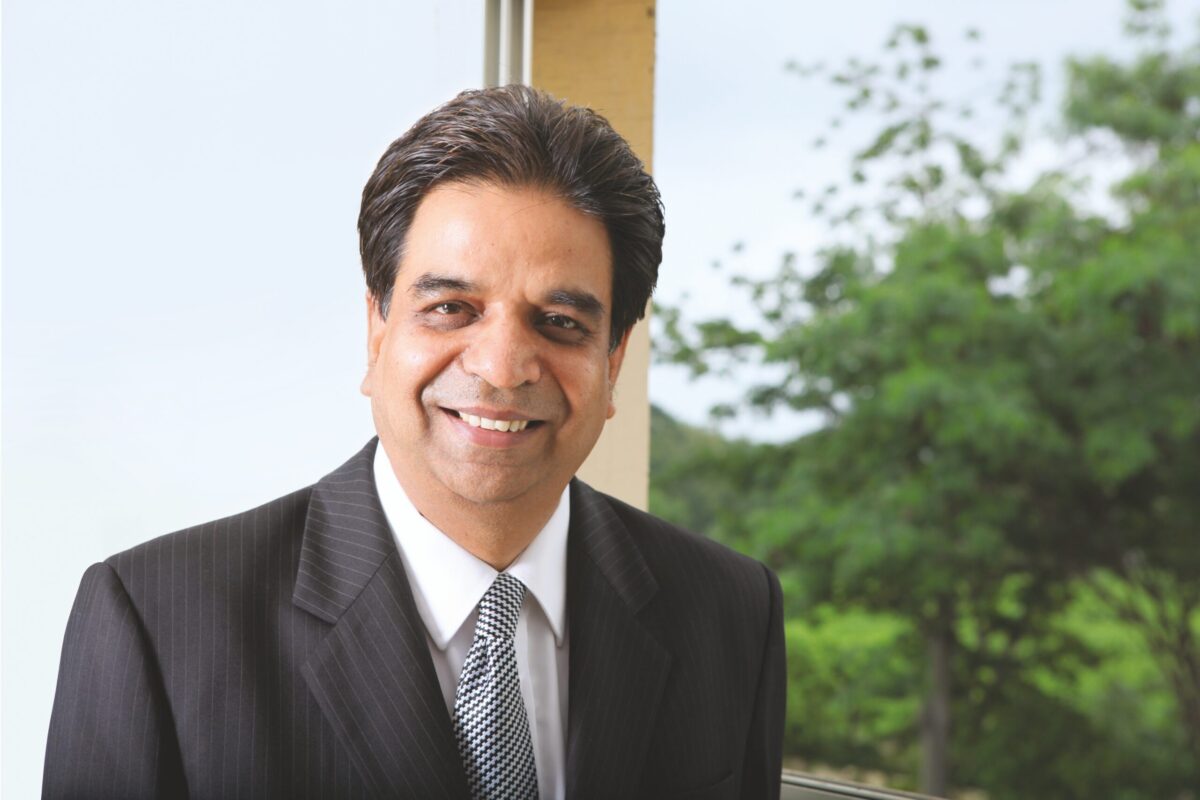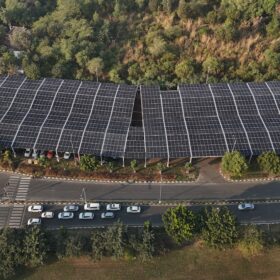The Delhi government has announced a 26 point program under its ‘Green Budget.’
Manish Sisodia, Deputy Chief Minister of Delhi, began the green budget with an emphasis on carrying out a real-time air pollution study, and developing the first city-wide inventory of greenhouse gases emissions. Also, highlighting the importance of plantation, and so it has planned to develop a new city forest at several locations – Jaunapur, Ayanagar, Dera Mandi, Bela Farm, and others.
Solar
The government has announced that it will encourage the uptake of solar energy, and will install solar plants on government buildings in Delhi.
Cycle tracks will be covered by solar modules, totaling 16 km.
Electric Vehicles Policy
Sisodia mentioned that public commuter vehicles like taxis run for several hours in a day, and their impact must be addressed. He mentioned that the Delhi government will frame a comprehensive electric vehicle policy. For a transition, he announced that people who CNG-fitted cars will get 50% discount in registration charges.
The Delhi government has declared it will roll-out 1,000 EV buses, together with 905 electric feeder buses for Delhi Metro Rail Corporation (DMRC) to boost last-mile connectivity.
In 2016-17, Delhi government had announced a INR 30,000 subsidize e-rickshaw owners; the scheme will be continued and will be released to owners who registered between July 1, 2015 and April 1, 2016.
Curb Pollution
The government has announced incentives of up to INR 100,000 to industries to switchover to piped natural gas (PNG), as well as a subsidy to restaurant owners to replace coal-based stoves with electric or gas. Also, subsidy to replace diesel generators.
Sisodia mentioned that if the 26 program of the green budget is successfully applied, the estimated reduction in CO2 emissions will be approximately 2.1 million metric ton (MT). Similarly, the reduction in other harmful compounds will be like: PM2.5 – 503 MT; Nitrogen Oxides – 4,540 MT; Sulphur Oxides – 9,364 MT; and Volatile Organic Compounds (VOC) – 11,515 MT.
The Delhi government has worked with the World Resource Institute to study the impact of its 26 points for the environment.
This content is protected by copyright and may not be reused. If you want to cooperate with us and would like to reuse some of our content, please contact: editors@pv-magazine.com.








By submitting this form you agree to pv magazine using your data for the purposes of publishing your comment.
Your personal data will only be disclosed or otherwise transmitted to third parties for the purposes of spam filtering or if this is necessary for technical maintenance of the website. Any other transfer to third parties will not take place unless this is justified on the basis of applicable data protection regulations or if pv magazine is legally obliged to do so.
You may revoke this consent at any time with effect for the future, in which case your personal data will be deleted immediately. Otherwise, your data will be deleted if pv magazine has processed your request or the purpose of data storage is fulfilled.
Further information on data privacy can be found in our Data Protection Policy.